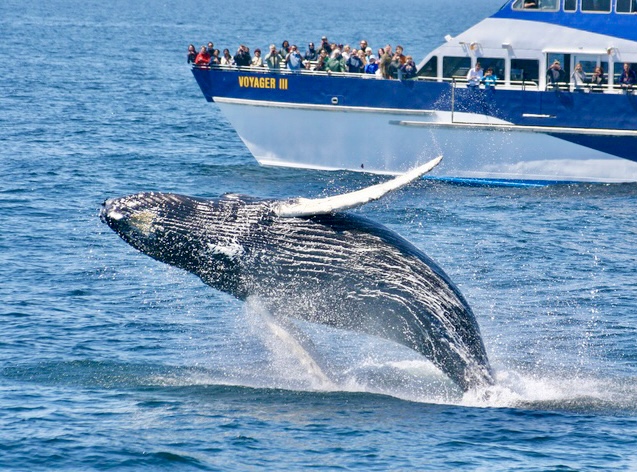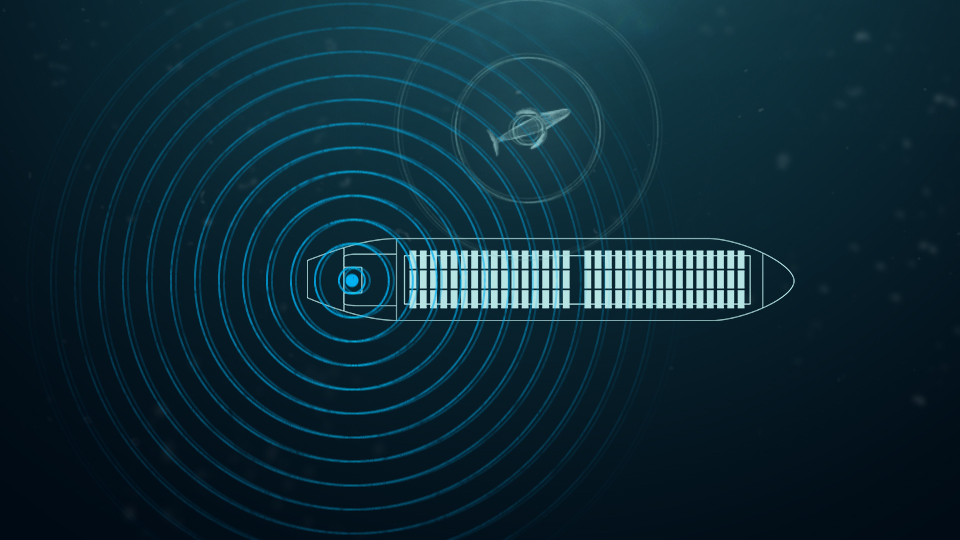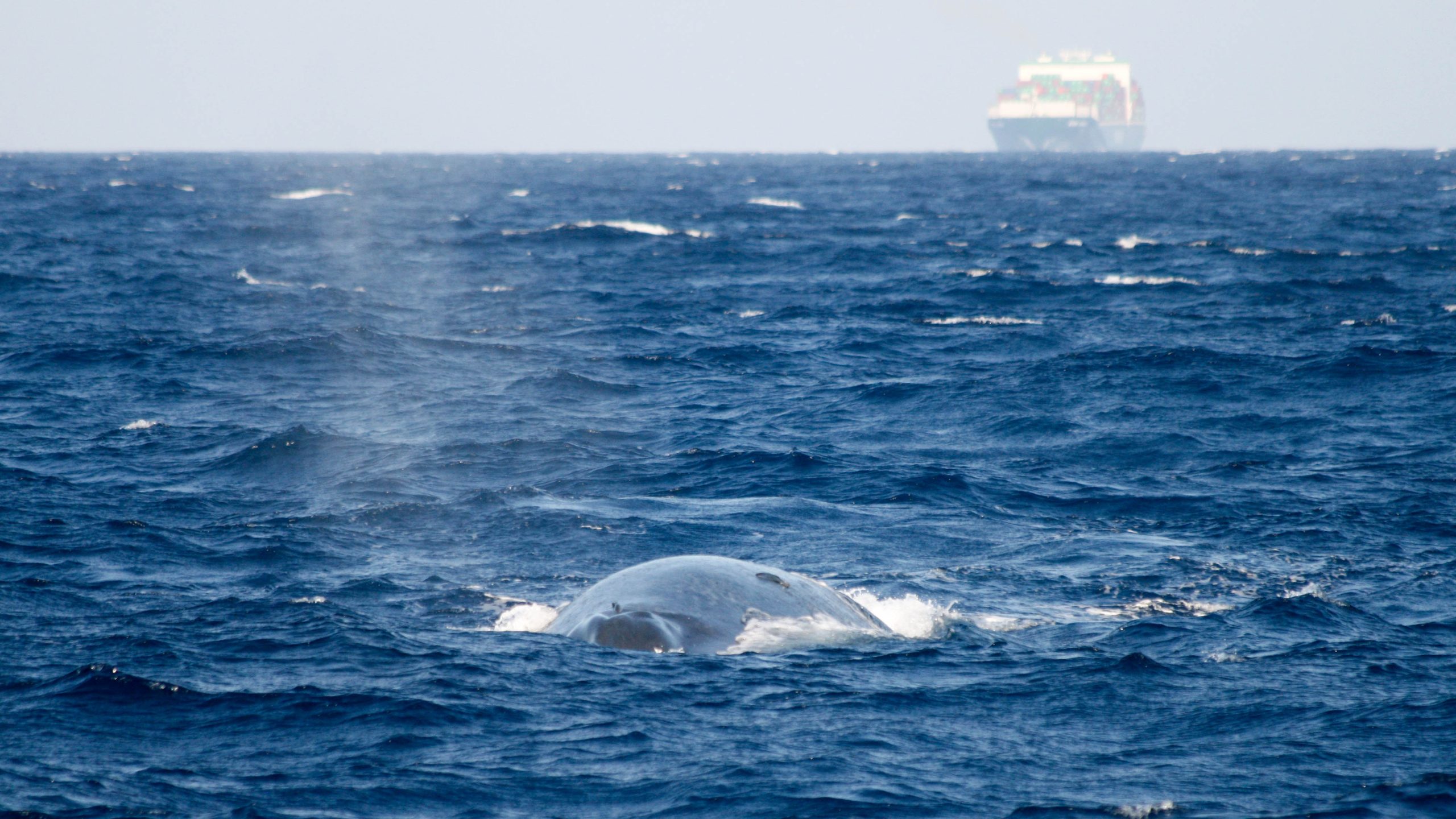
The European Commission Will Now Put A Limit On Underwater Noise Pollution Helping To Protect Critical Marine Species
You can help all animals and our planet by choosing compassion on your plate and in your glass. #GoVeg
RELATED ARTICLES
Banning Cruelty: New Legislation Aims To Ban Octopus Farming In The U.S.
New bipartisan legislation has just been introduced in the U.S. to ban commercial octopus farming and prohibit imports of farmed octopus from foreign countries.
The...
Outrage In Yellowstone! Grizzly Bear Killed By Wildlife Officials & Left With Head & Paws Cut Off
Photo by: Trisha McFarland / Cowboy State Daily
A photo of a dead grizzly bear with its head and paws cut off has caused an...
Inside Florida’s Illegal Horse Meat Trade: Undercover Footage Shows Racehorse Being Shot & Butchered
A heart-wrenching discovery of illegal horse slaughter has emerged, with video footage exposing the tragic killing of a racehorse named 'Funny Biz,' who was...
Popular stories
News
Illegal Wildlife Trader In San Diego Must Surrender 200-Piece Ivory Collection & Volunteer 100 Hours For An Animal Welfare Nonprofit
Photos from the San Diego City Attorney's office
Stephen Shu Wang, who was selling ivory carvings in violation of the law from his Carmel Valley garage to...
Industry News
Largest Shark Fin Seizure In Hong Kong’s History Recovers 26 Tons Of Fins From 38,500 Endangered Shark Species
Customs officials in Hong Kong make the largest shark fin seizure of 26 tons of shark fins taken from 38,500 endangered sharks. They were discovered in two...
News
One Of Kenya’s Oldest Lions, Loonkiito, Has Been Killed By Herders, Including 10 Others, As Human-Wildlife Conflicts Rise
Photo credit: Philip J. Briggs
Shocking news about the tragic killing of 11 lions by goat herders was recently revealed by the Kenya Wildlife Service (KWS). Among...




